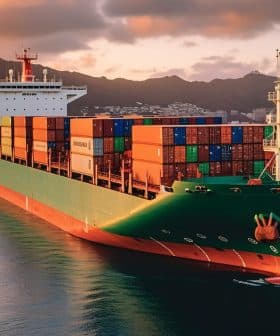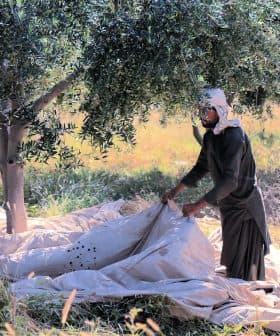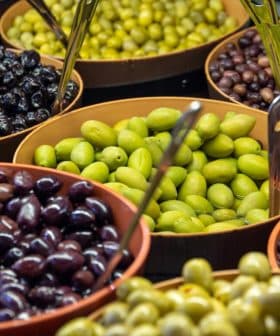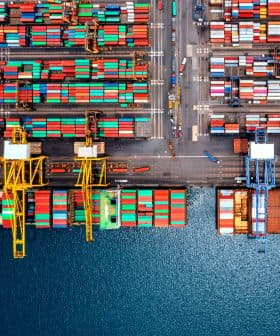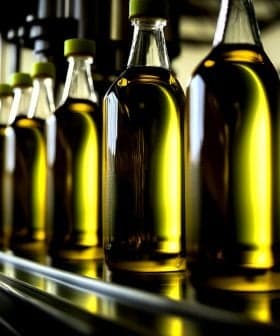Olive Oil Exempt from Pakistan Import Ban
The Pakistan FMCG Importers Association is strongly opposing Islamabad’s decision to halt imports of many non-essential food products and goods, which was announced as part of urgent measures to stabilize the country’s economy. The ban includes items such as pasta, sauces, fish, frozen foods, fruits, and cosmetics, with the government aiming to save up to €470 million annually through this import ban and other austerity measures to address the country’s deepening economic crisis.
The Pakistan FMCG Importers Association is vigorously protesting Islamabad’s decision to halt imports of dozens of food products and goods considered “not essential.”
The government’s decision was announced last week as a part of a package of urgent measures needed to bring stability to the country’s teetering economy.
(For) all those nonessential luxury items that are not used by the wider public, a complete ban has been imposed on their import. There is an emergency situation in the country.
Currently, edible oils and olive oils are not included in the ban, with the complete list of banned items subject to continuous updates.
Among the banned foods are pasta, sauces, fish, frozen foods, fruits, dry fruits, juices, jams and jelly. Other prohibited goods include cars, shoes, carpets, furniture, kitchenware, chocolate, musical instruments and cosmetics.
See Also:Record Heatwave and Drought in Pakistan Threaten Crops and Olive FarmingMinister of Information Marriyum Aurangzeb told the media that the order includes “all those nonessential luxury items that are not used by the wider public, a complete ban has been imposed on their import.”
“There is an emergency situation in the country,” she added. It is not known for how long the ban will be deployed.
The local importers association warned that the government’s sudden decision will devastate the whole import sector, with revenue from taxes and duties expected to collapse.
PFIA officials have noted that thousands of companies that regularly pay taxes will be forced to close in the wake of the ban, while hundreds of thousands of people will lose their jobs, with broad socio-economic consequences.
Since the ban affects food for animals, a large protest has been seen in Karachi. According to local media, a coalition of food importers, veterinarians, retailers and pet owners have asked for the ban on animal food to be removed.
According to Aurangzeb, the government’s import ban and other austerity measures will help save up to €5.6 billion each year. The minister added that the import ban should bring up to €470 million in savings.
See Also:Olive Farmers in Pakistan Seek Government Assistance to Scale ProductionAccording to local media, 62 percent of the whole import bill for April, about €3.75 billion, was related to fuel, food items, products and chemicals for agricultural purposes.
The deepening economic crisis is crippling the country and is one of the main reasons for the ousting of former Prime Minister Imran Khan by a no-confidence vote last month.
The country is currently negotiating extraordinary funding with the International Monetary Fund (IMF), whose support depends on the ability of the country to introduce economic reforms.
“The essential items consumed by the middle class cannot be touched, so the burden has to fall on cutting the consumption of elites,” Asif Arshalan H. Soomro, an economic analyst, told Gulf News.
“Every little measure helps in the short term since we are time-pressed,” he added. “Even saving $500 million (€470 million) a month matters because it means negotiating with IMF for another $500 million that would have further covenants.”
According to the Times of India, Pakistan’s current account deficit exceeds 4.5 percent of the gross domestic product, in a scenario where the import bill has risen to €61.4 billion against the €24.6 billion worth of exports in the last 10 months.
National reserves are also rapidly drying up, falling from €15.3 billion at the end of February to €9.4 billion in May.


